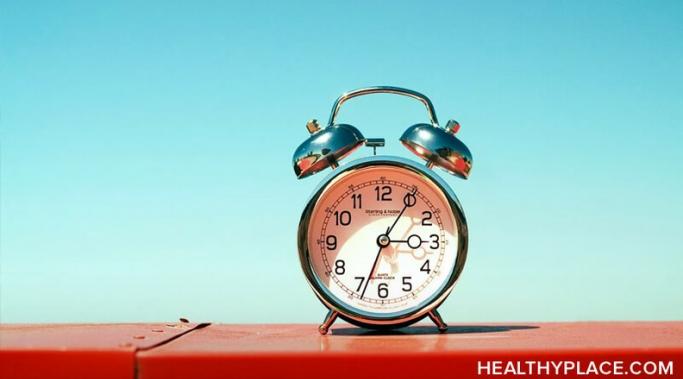Blogs
It is not an easy time for anyone right now, and dealing with bipolar during this crisis is very difficult. The ongoing social and economic upheaval of the COVID-19 crisis, and the civil unrest in the wake of the tragic and senseless murder of George Floyd on May 25, have triggered feelings of fear, anxiety, anger, and depression in many people. Such feelings are natural and appropriate responses to racism, violence, isolation, and financial uncertainty. And they can make focusing on work extremely difficult, if not impossible -- especially for those of us already dealing with mental health challenges such as bipolar disorder.
It's natural to wonder how to protest if you have anxiety. The protests resonate with us, but it's difficult to go out and raise your voice in solidarity when you live with anxiety.
What does verbal abuse look like? That's a good question because when verbal abuse happens in a relationship, the abuse can be subtle, overt, or somewhere in between. Verbal abuse is often subtle in the beginning stages of a partnership, and then it evolves, becoming much more recognizable. I've asked myself this question many times: "How do I know if his actions and words constitute verbal abuse?"
A sure sign of healthy self-esteem is being your own best friend--loving and accepting yourself exactly as you are. This is a bottom-line requirement for strong self-esteem. Often, we only recognize the things about ourselves that disappoint us and pay no attention to our talents and accomplishments.
If you have depression, consulting a therapist is the smartest move you can make to learn healthy coping mechanisms to deal with it, but self-therapy for depression can help you in a pinch.
Sometimes childhood trauma is big and obvious, but other times, it's more subtle and insidious. In my case, it took until I was well into my 20s to acknowledge that in many ways, my childhood was traumatic. For a long time, part of me knew that was the case, but I couldn't allow myself to believe it because it would mean everything in my life would change.
We all have that little mean voice inside our heads, constantly nagging us and pointing out all our mistakes. Self-harm often comes with negative self-talk, but it's worth remembering that you are not your thoughts, you are just listening to them. You can choose to ignore them -- or even create a dialogue between you and your self-injury voice.
In the efforts to support your family member with his or her mental illness, it is easy to stray into the unhelpful territory of micromanaging symptoms. I know this because it's a mistake that I made with my own brother.
I hate to be a Debbie Downer (and a schizoaffective one at that), but just because the weather is getting nicer doesn’t mean the new coronavirus has magically disappeared. We still need to wear masks as much as we are able when we exercise outside. I say “as much as we are able” because I know it’s hard to wear them while just walking or exercising outside. But let’s try while we still maintain social distancing.
As a recovering behavioral addict, I have encountered numerous unexpected addictive substances in my recovery. Many individuals assume for a substance to be addictive that it must be either illegal or inherently dangerous, but this isn't always the case. Throughout my recovery, I have learned about substances of all types, some of which appear to be completely harmless at first glance. My hope is that this post will be helpful for other recovering addicts to learn about possible unexpected addictive substances that might catch them off guard.









